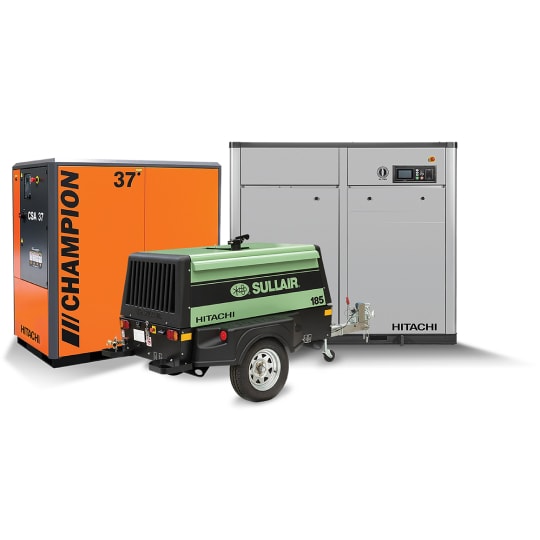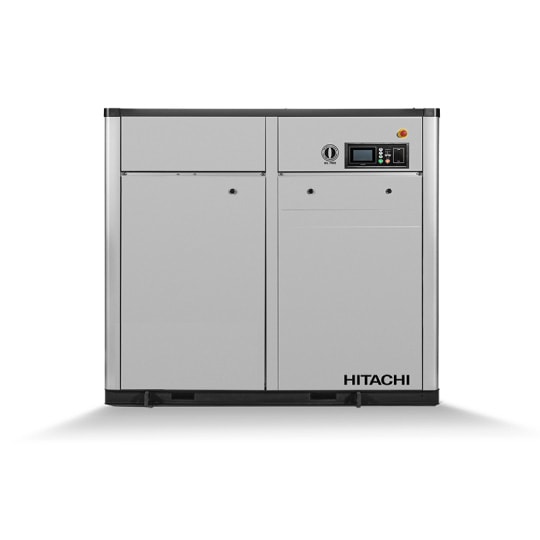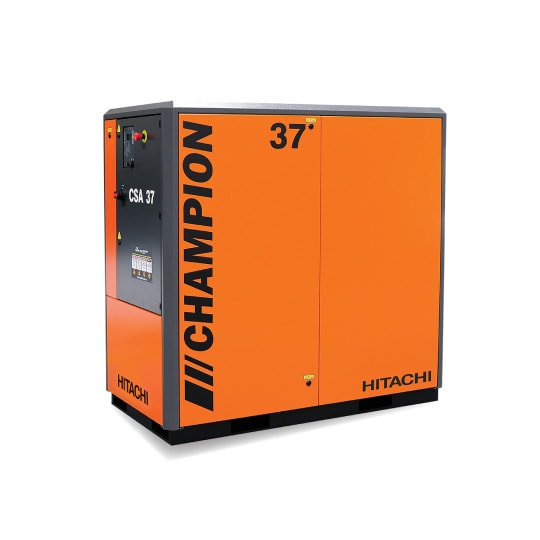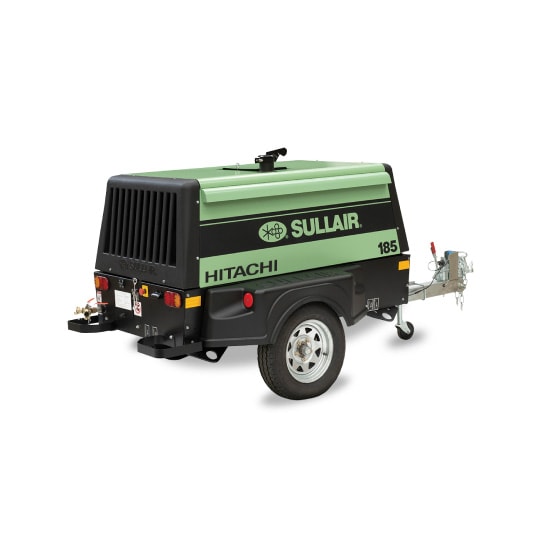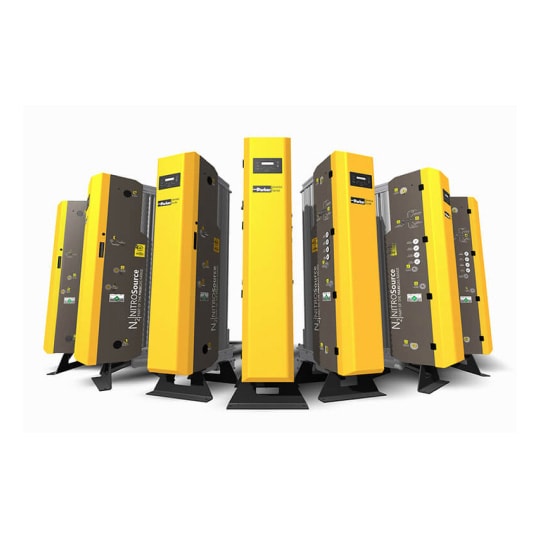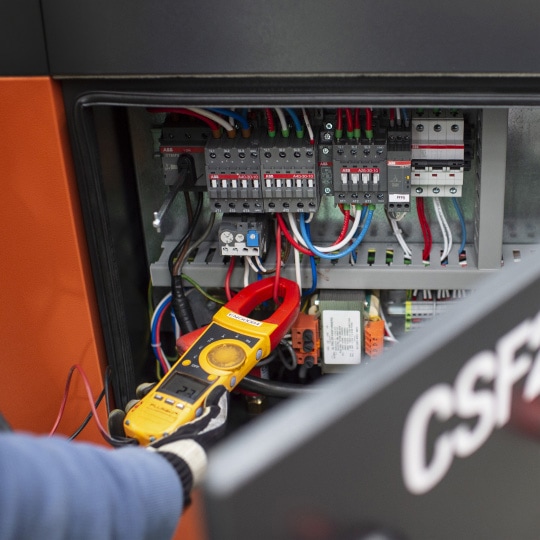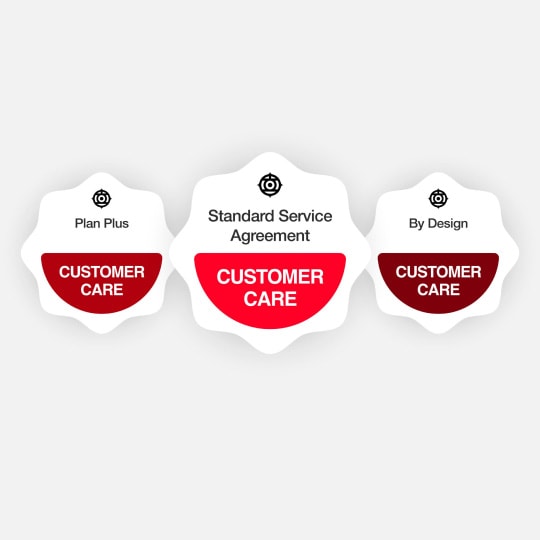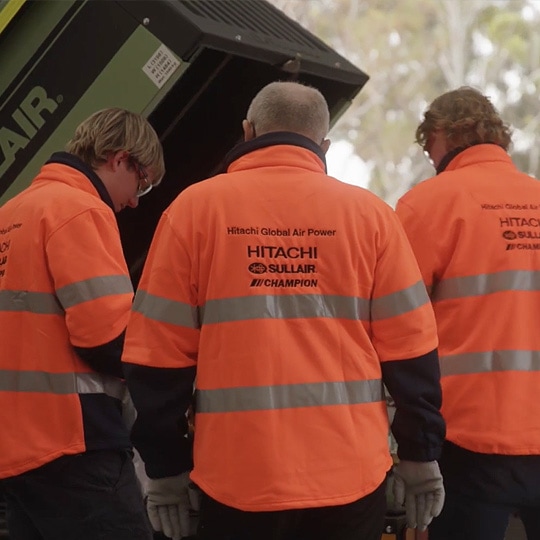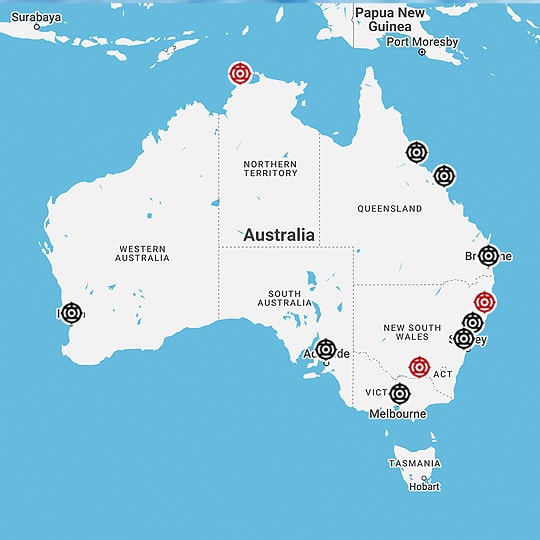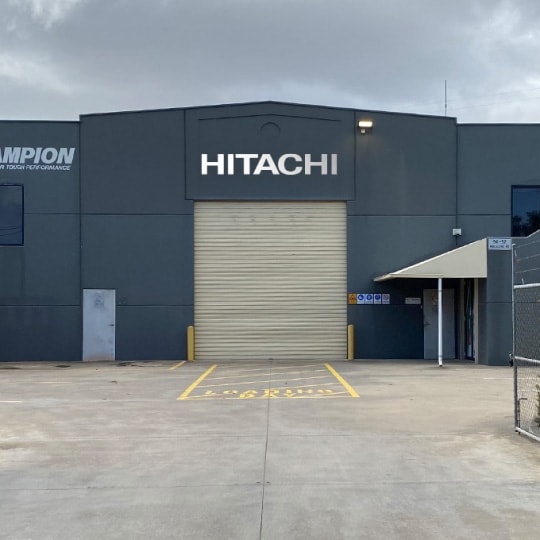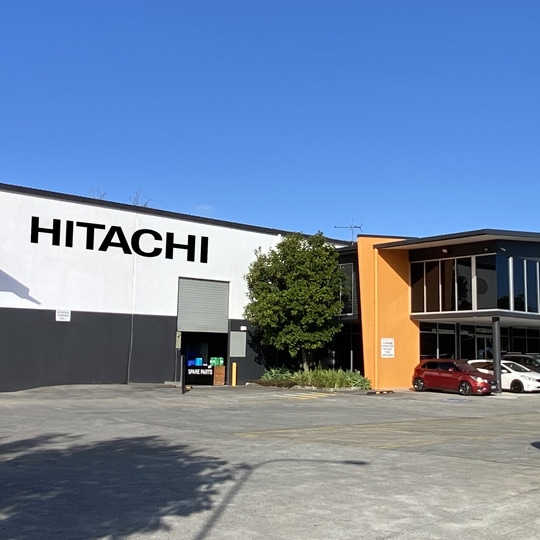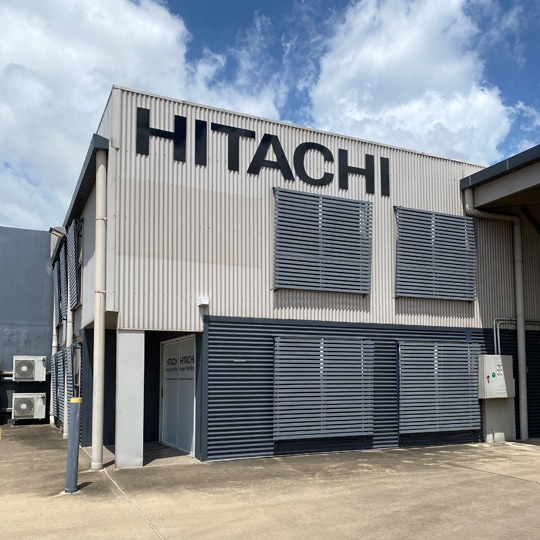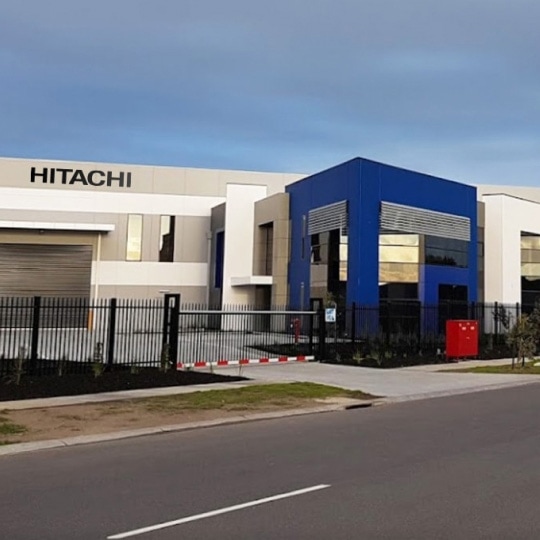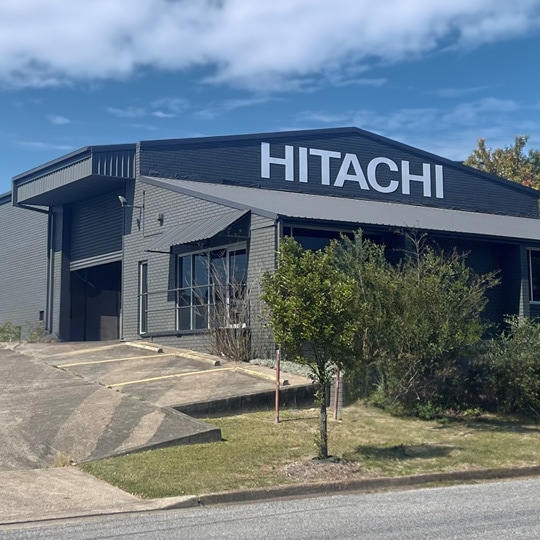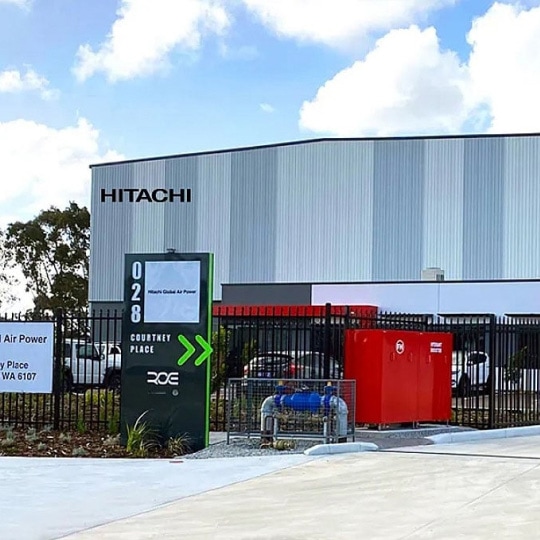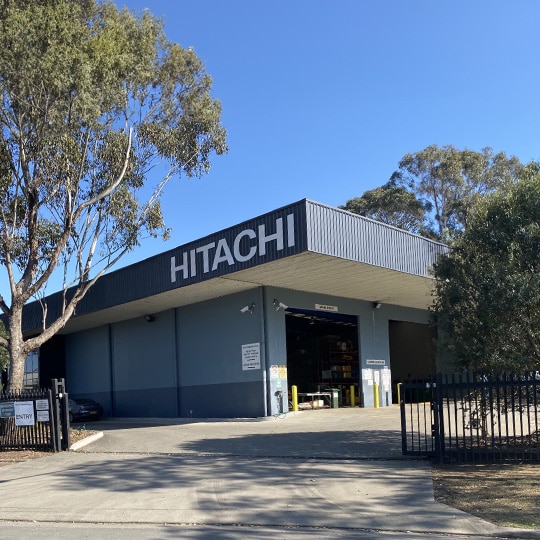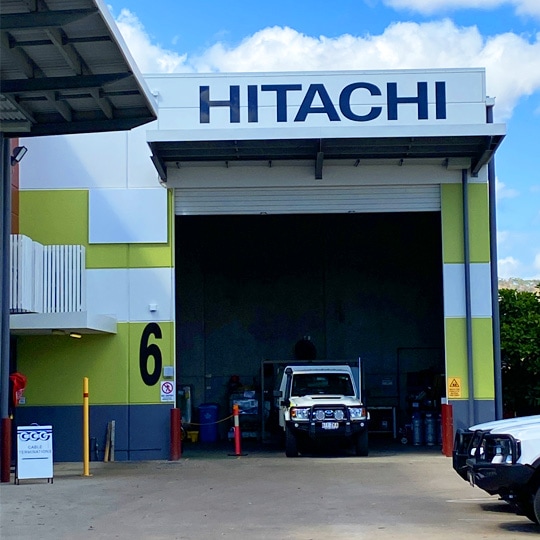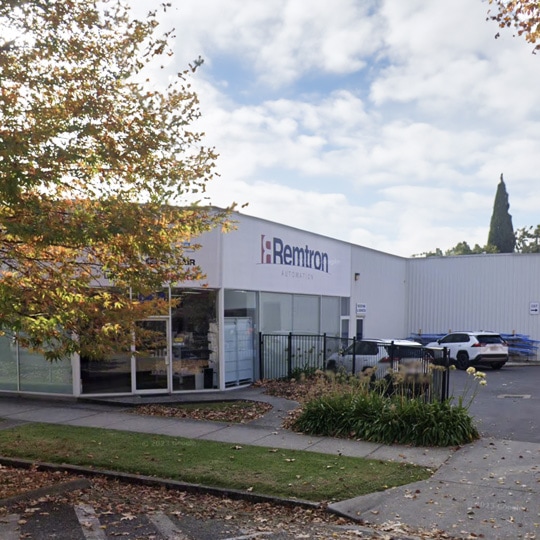Home Customer Care Hub
Servicing and Repairs
Air compressor tips and tricks
Simply following our air compressor tips can offer you energy efficiency improvements of between 20–50%.
It is very easy to save energy and operating costs on your compressed air system by:
- Maintaining your air compressor system regularly.
- Selecting the correct air compressor for your needs.
- Optimising the size of your air distribution system.
- Controlling air quality.
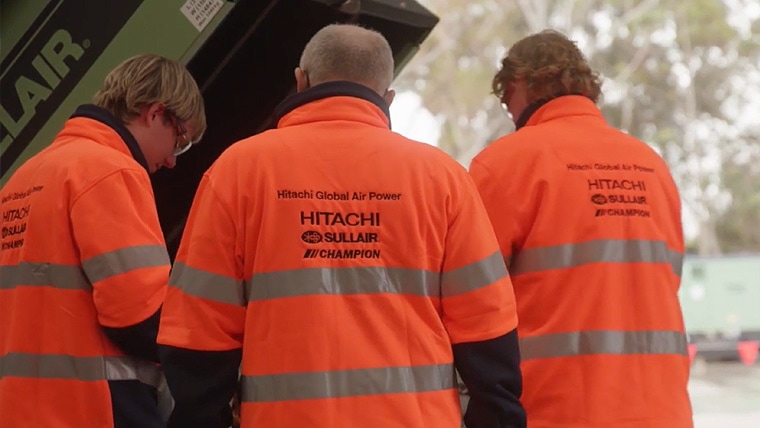
Simple changes to save you thousands
- Turn off compressed air equipment when not in use.
- Reduce air pressure to the minimum required to do the job.
- Prevent unnecessary compressed air use on drying or cleaning.
- Educate staff to look out for waste and leaks, and report these immediately.
- Hot air ducted away from the air compressor intake area can be used for space or water heating.
Customer Care Planning
- Regularly check for leaks in all piping, joints, drains, valves, flexible hoses, fittings, and filter and lubricator units. For example, a 6.4mm hole could waste $3,400 per year on an air compressor system operating at 700kPa.
- Install automatic timers to turn off your air compressor when not in use.
- Service your air compressor as recommended by its manufacturers.
- Reduce air temperatures, as the temperature of the air drawn in by your air compressor can significantly affect running costs.
- 6% of energy can be saved by using cooler air from outside your air compressor room.
- Shorten air distribution distances or look at moving your air compressor closer to where your compressed air is used.
- Check all belt drives for tension regularly in belt-driven air compressors. Energy losses due to incorrect tension due to excessive stress on air compressors and motor bearings are common.


Purchase wisely
- Select the air compressor size that runs most efficiently when it is run at ‘full load’.
- Ensure that your air compressor matches your needs, and do not install an oversized compressor to meet anticipated future demand.
- Purchasing an additional, appropriately sized air compressor when needed later is usually more economical and efficient.
- Consider energy efficient accessories to minimise energy losses in compressed air systems such as high efficiency filters and dryers, or choose a compressors with variable outputs.
- Choose appropriately sized air receivers to act as a buffer between output and demand.
- Request a power cost calculation or a compressed air audit is conducted.
